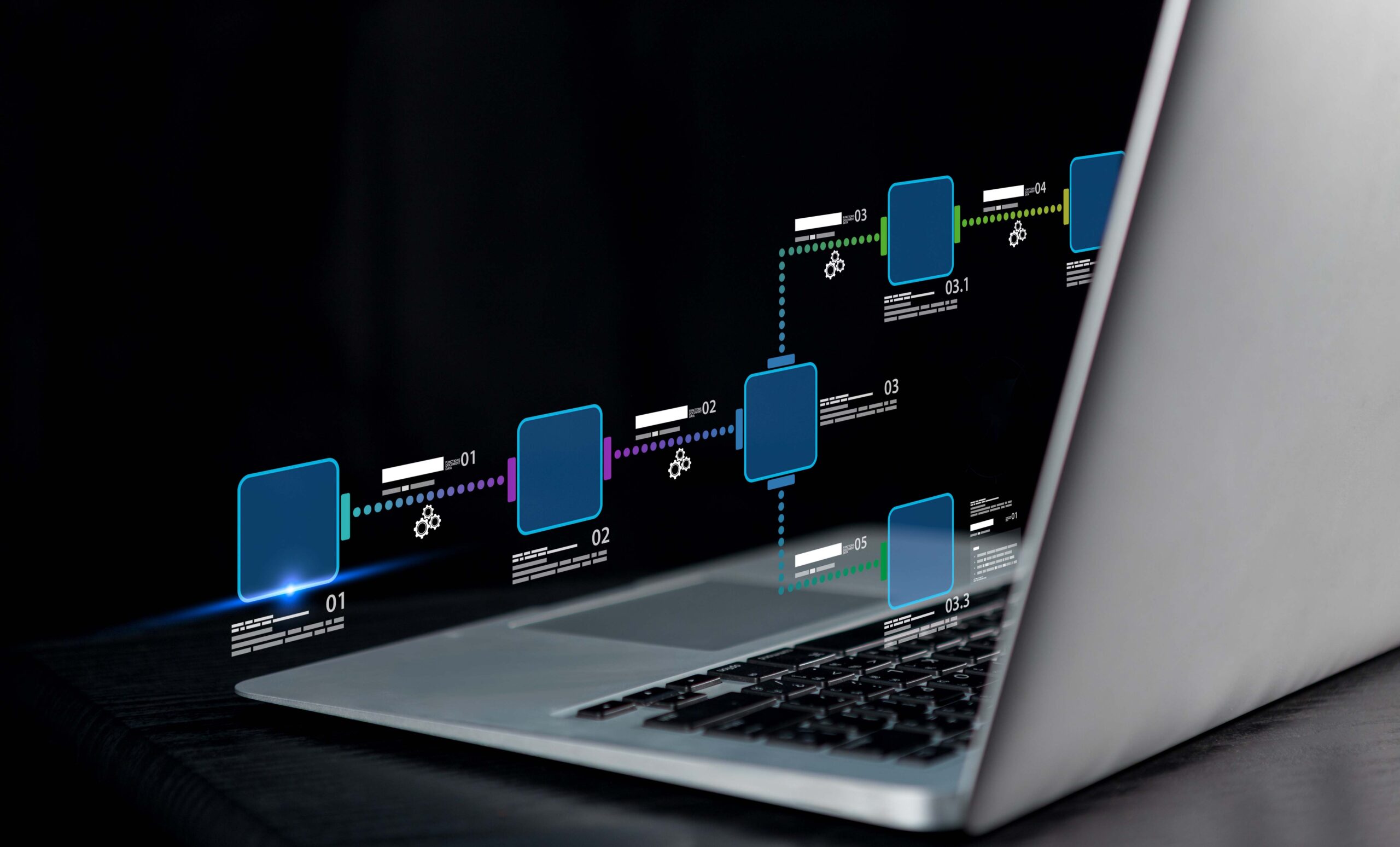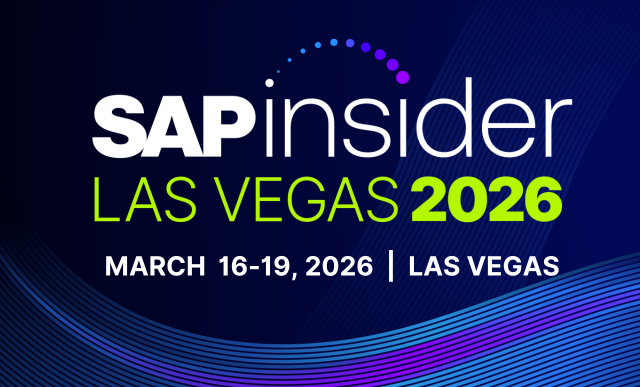Transportation features as one of the top focus areas for process automation within the supply chain function according to SAPinsider's September 2022 research
Process Automation in Supply Chain. It is the primary sub-function that ensures the movement of goods from source to destination in supply chains. Order-to-deliver was noted as one of the top process areas for process automation in SAPinsider's
Process Automation Benchmark Report, and is expected to retain its position in SAPinsider’s upcoming April 2023 research report
Process Productivity and Efficiency Through Process Automation and Intelligence. This article explores how robotic process automation and intelligent automation can help in digitally transforming transportation processes.
Robotic Process Automation (RPA): Like many other end-to-end business processes, transportation has many business processes that are fit for RPA. Since transportation plays a vital role in customer satisfaction, improving quality and efficiency of these processes directly impacts customer satisfaction and experience. Examples of processes that can be automated are:
- Bills of Lading (BoL)
- Delivery receipts/slips
- Invoicing
- Shipping waybills
- Customs clearance documentation generation
- Generating certificate of origin document
- Exit requests authorization
- Remittances
Eliminating errors and improving efficiency with RPA in the abovementioned processes not only provides accurate and timely shipping information but also accurate invoice data to the finance department which facilitates quicker cash flows into the business.
Intelligent Automation: There are abundant opportunities to leverage AI and ML-enabled automation in transportation, like RPA. While reading documents and extracting data and information from them is characterized as intelligent automation and widely used, there are opportunities to use intelligent automation beyond that. Some examples are:
Transportation procurement optimization: AI and ML can be used to build algorithms to procure the most cost-effective bids for shipments. There can be several variations of this algorithm, where the algorithm can also decide a specific mode for the load as well and then seek bids accordingly.
Transportation spend audit: Intelligent automation can enable vendor invoices auditing for the amount charged and also determine if the service provider leveraged the correct mode of shipment.
Transportation load planning: Transportation Management (TM) solutions have been in place for decades, and planners across industries have mastered their use. Yet, many elements of transportation load planning and processes are still performed manually within the system. A combination of process and intelligent automation can ensure that planners receive an initial generated load plan which they can then review and modify.
All leading vendors in the RPA domain provide the abovementioned capabilities and enable the use of additional algorithms on data captured by these solutions. SAP Intelligent RPA, UiPath, Blue Prism, Automation Anywhere, Red Hat, Worksoft, and Kofax are some of the leading vendors in this space. SAP Signavio is the ultimate process intelligence solution in the SAP technology ecosystem and a foundational element in the RISE with SAP offering. While the solution already has some . RPA and process intelligence solutions are becoming richer in functionalities, and combined with open-source tools, unique process transformation capabilities can be built.








